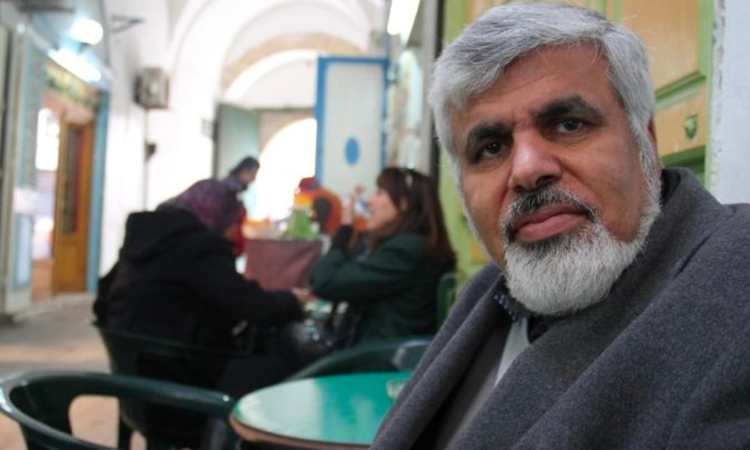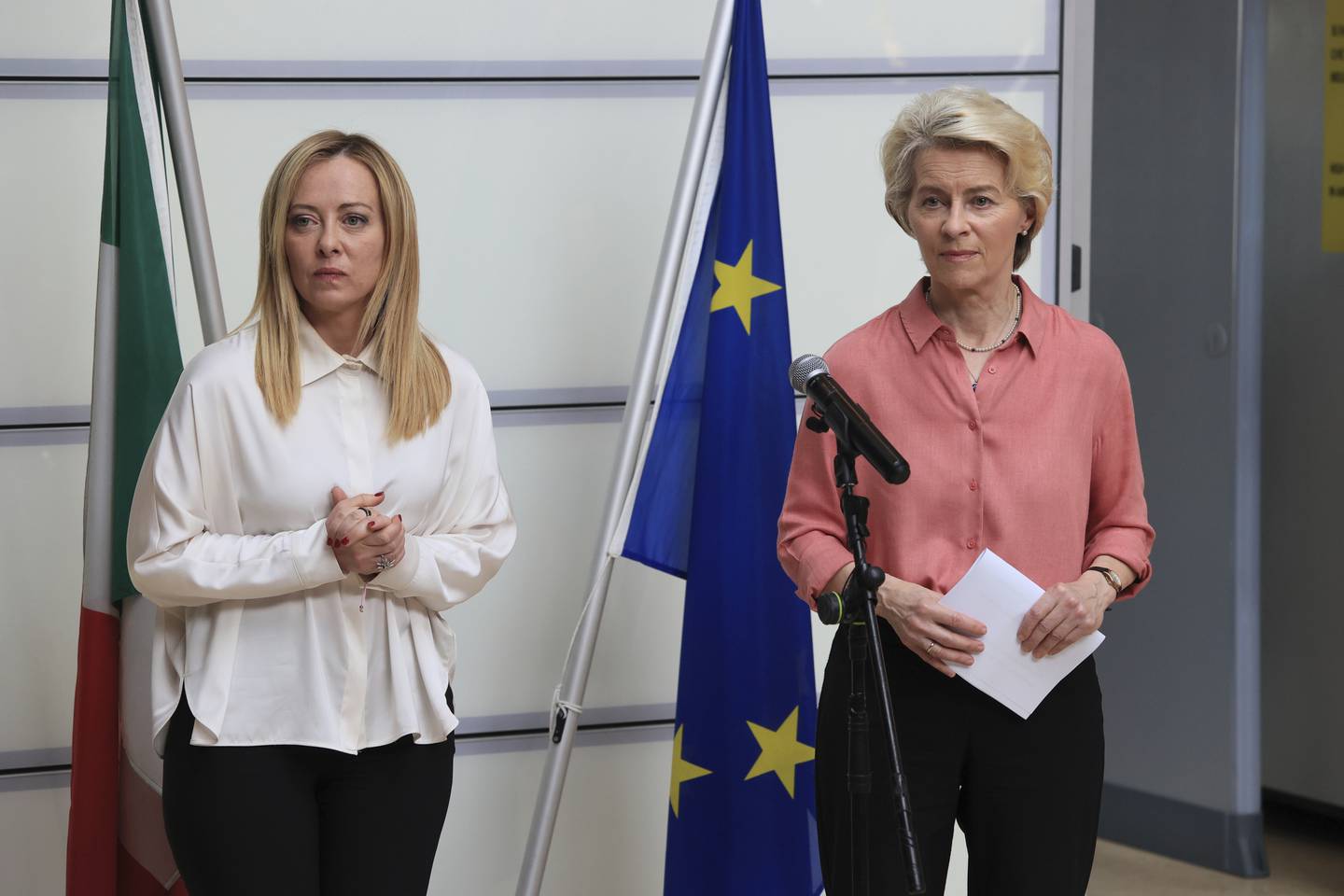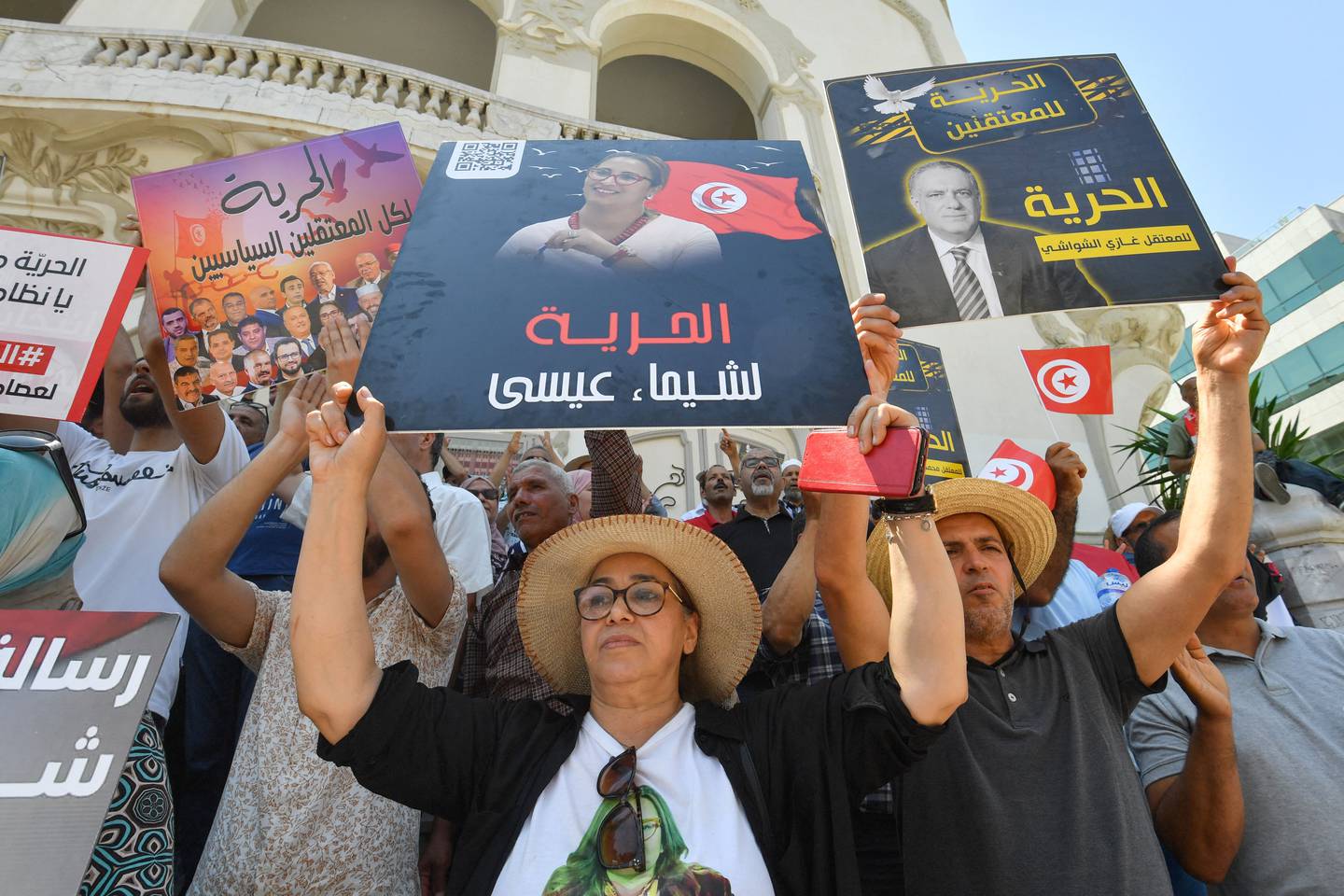New EU funding deal with Tunisia supporting authoritarian regime, say critics – The Irish Times

It was back in February when Tunisian president Kais Saied provoked a wave of violence, abuse and repression against sub-Saharan Africans, after putting forward a version of the “great replacement theory” and saying they were part of a plot aimed at changing the culture of the North African country.
His comments, and their impact, briefly attracted international outcry, as the embassies of countries including Guinea, Mali and Ivory Coast moved to evacuate their citizens. At the same time Saied – a 65-year-old former law lecturer who has been accused of orchestrating a “democratic coup” and returning Tunisia to authoritarianism more than a decade after its 2011 revolution – was overseeing the arrest of dozens of opposition figures.
Four months later, little has changed internally, according to migrants, analysts and civil society figures, yet that has not stopped the offer of Tunisia’s biggest-ever EU funding deal. The reason, analysts say, is that the country is the latest front line in efforts to stop migration to Europe.
In a speech on June 11th, European Commission president Ursula von der Leyen, flanked by Italian prime minister Giorgia Meloni and Dutch prime minister Mark Rutte, said the new aid package could be worth more than €1 billion, including €100 million to go towards “border management” and related efforts this year alone. “We both have an interest in breaking the cynical business model of smugglers,” said von der Leyen. “It is horrible to see how they deliberately risk human lives for profit.”
The Central Mediterranean – which usually refers to the route between Libya or Tunisia and Italy or Malta – has been called the “deadliest migration route in the world” by the UN. Of the more than 27,000 people who have drowned or gone missing trying to cross the Mediterranean Sea to reach Europe since 2014, more than 21,300 have been in the Central Mediterranean. Many of those attempting the journeys are escaping wars, dictatorships, persecution or crushing poverty, and have no access to safe and legal travel.
Tunisia – with a population of roughly 12 million – has overtaken Libya as the top departure country for people on this route.
The potential new EU package follows other widely-criticised EU deals and funding which are said by reporters, analysts and human rights organisations to have played a role in perpetrating crimes against humanity against refugees and migrants in Libya, and to have emboldened the paramilitary Rapid Support Forces in Sudan, which has now gone to war.
Tunisia is currently experiencing an economic crisis, after a decade of economic stagnation that followed the 2011 revolution. The majority of the EU funding could be contingent on an agreement being reached between Tunisia and the International Monetary Fund, though Meloni has reportedly been pushing for the IMF to relax its conditions.
But Mohamed Dhia Hammami, a Tunisian PhD student at Syracuse University and a non-resident fellow at Democracy for the Arab World Now (Dawn), said Tunisian citizens are “sceptical of the [new EU] agreement because of the conditionalities [economic and political]. They know that it’s not free money.” Saied is now playing the role of the “guardian of the southern border of the Mediterranean for the Europeans”, he suggested.

Hammami added that he “absolutely” thinks the EU is supporting authoritarianism and repression. “The reason Saied is willing to work with [far-right Italian prime minister] Meloni particularly… [is] because she’s not really putting any conditions regarding democracy, she’s not talking about human rights, she’s not meeting with opposition leaders,” he said.
“In Tunisia, the policy toward immigration has been so far fuelling racist sentiment, portraying black immigrants as a source of threat.” Saied knows “he can scapegoat black immigrants”, Hammami said, in the same way that Meloni is doing in Italy.
“Following Saied’s [February] remarks, police crackdowns on black people and everyday racism have intensified,” said Maurice Stierl, a migration researcher who was in Tunisia last month.
“Activists have reported how the Tunisian coast guard has tried to violently deter sea crossings, for example, by removing engines of boats and beating up people on board, often leaving them behind in distress so that fishermen need to go out and rescue the distressed. I also heard reports of violence perpetrated by Tunisian security forces after intercepting people at sea, of severe beatings, the denial of medical support, and of arbitrary detention,” he said.
[ The Irish Times view on the crisis in Tunisia : EU needs to be more constructive ]
“For the EU, human rights records of partner countries are wholly insignificant when it comes to migration and border control,” he added. “Authoritarian partners are key in Europe’s border architecture, to shield [some in] the EU from the worst excesses that are currently perpetrated in the name of ‘protecting’ Europe’s borders.”
Requests for comment to the Tunisian authorities and to the EU Commission went unanswered.
Monica Marks, an assistant professor of Middle East politics at New York University, Abu Dhabi, said that “the blinkered focus on migration is motivated by European backlash to migration”.
Italy in particular, she said, is doing “everything in its power to placate, internationally defend and monetarily support Saied’s regime in the interest of short-term stability, ie staunching migration”.
“Many Tunisians are disgusted to see the EU wine, dine, defend and materially support [Saied]. That’s because they believe propping up his government and security apparatus will make it that much harder to return Tunisia – once seen as the Arab Spring’s sole success story – to anything approaching a democracy.”
Speaking through a WhatsApp call from the UK, Tunisian political analyst Seifeddine Ferjani described how his father, prominent opposition figure Said Ferjani, was arrested in February.
[ Toughened EU border policy under pressure after boat disaster ]
Ferjani said the latest information he had about his father’s condition came around a month ago, when he heard he was being held in an overcrowded cell meant for 60 detainees, but with around 120 in it. His father still hasn’t been charged with anything, Ferjani said.
“Kais Saied is using the Ben Ali playbook of getting to activists through their families, of destroying their reputation, which [Ali] did during the ‘90s,” Ferjani said, referring to the former Tunisian dictator who was ousted in 2011.
He said that while he understands migration is a concern for many EU states, “appeasing dictators is actually reinforcing the problem… it creates instability… [it] is aiding the acceleration of impunity that is putting activists’ lives at risk.

“There’s a difference between giving necessary aid to Tunisian people [and] going to Tunisia, and sitting down with Kais with smiles, and allowing him to run the show. That has huge political capital for Kais which legitimises his repressive take. The lack of support for democracy in any of the statements, the lack of concern for the human rights of people… is telling… It shows… Europe does not care about democracy. Europe is giving carte blanche for Kais to do anything he wishes to his opponents.”
Josephus O Thomas, a Sierra Leonean who has been camping with other refugees and migrants outside a UN office in the Tunisian capital Tunis, while appealing for help, said through WhatsApp messages that Tunisia is not a safe place for black African refugees and migrants any more.
“We have been misused, violated, raped, put in prison, been arrested by the Tunisian police. There is no hope for us at this moment, never mind all the journalists and so-called human rights organisations. They are not responding as we are in need of emergency evacuation,” he said.
“The world system is against us, the sub-Saharan Africans. We are still [struggling], fighting for a better life and trying to [have] a positive role in society, but the society is against us, the black race, every day.”
Even as they plead for evacuation, he said that more people, fleeing the war in Sudan, have been arriving there.
“There is no hope for us or our children, or women, no access to education or good medication, no justice, too much racism,” he said. “If the European people allow us [in] they will benefit from us, because we are strong and vibrant, ready to make a positive impact… At this moment we are hoping the Europeans might let us believe in miracles.”
“We are not happy risking our lives… to cross the great Mediterranean Sea but we are forced to because of the situations we find ourselves in in Tunisia… If we see hot iron to hold on to to survive we will hold firmly to it.”






